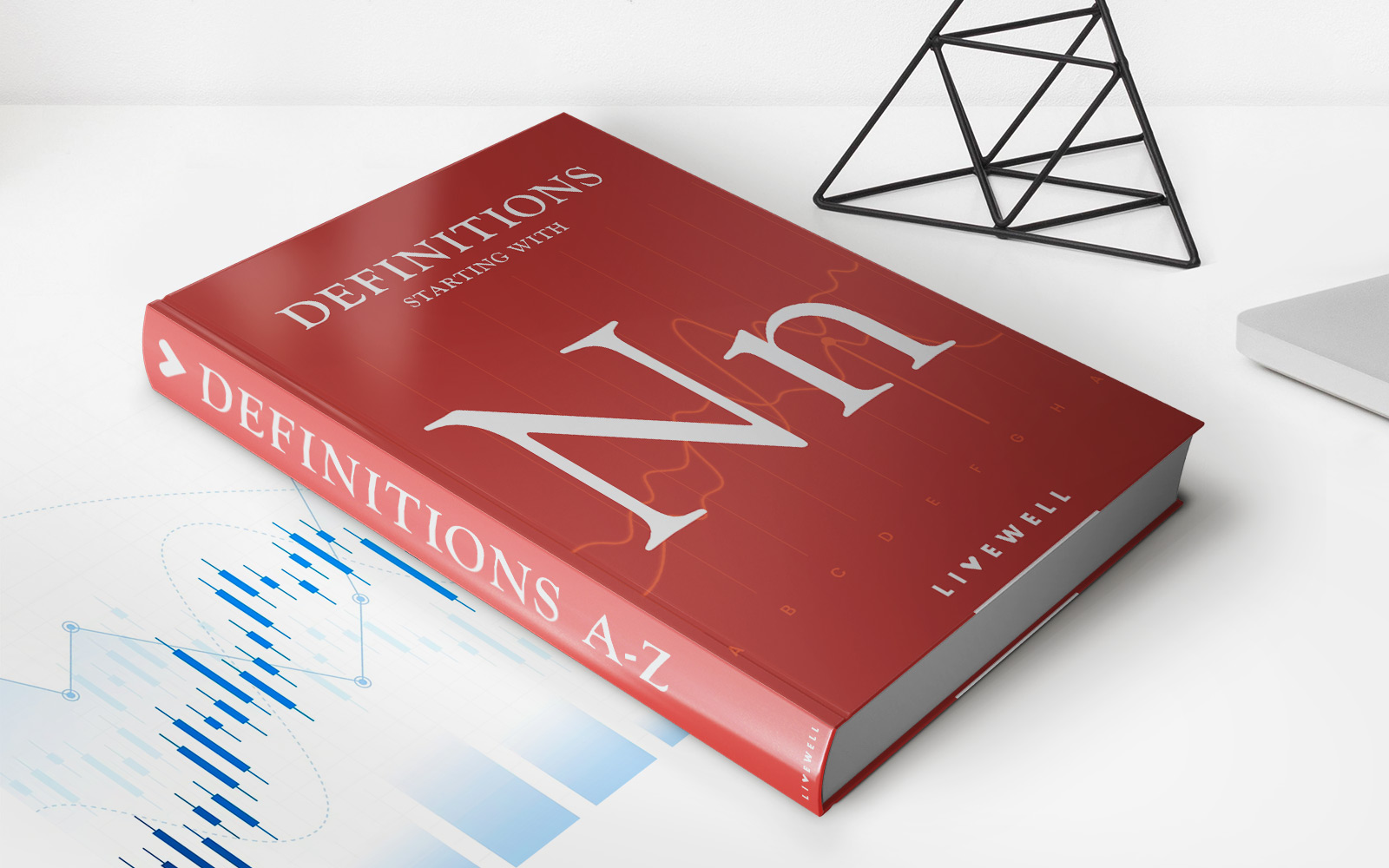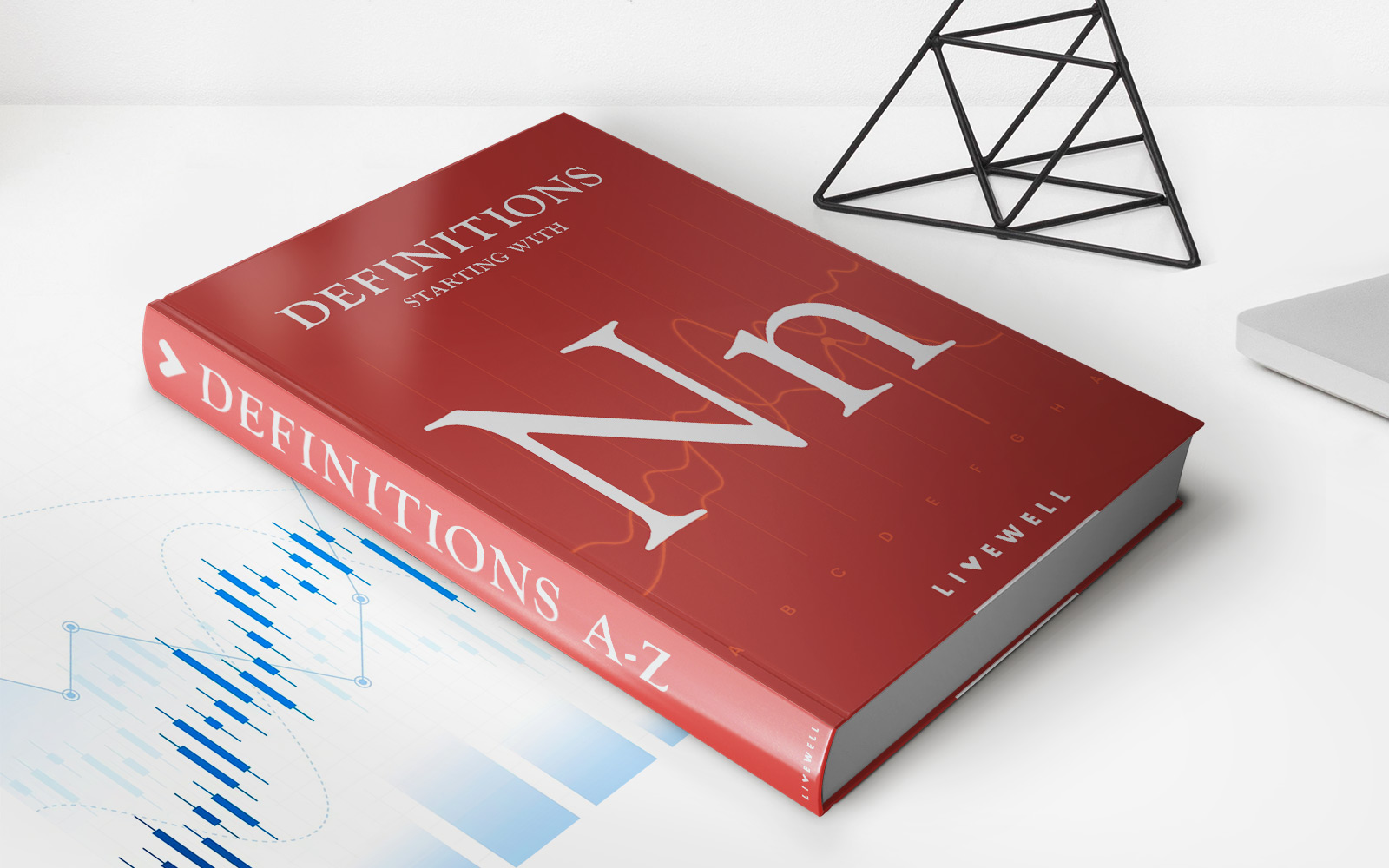Home>Finance>Cash Accounting Definition, Example & Limitations


Finance
Cash Accounting Definition, Example & Limitations
Modified: December 30, 2023
Learn about cash accounting in finance, including its definition, examples, and limitations. Discover how this method of financial reporting can impact businesses.
(Many of the links in this article redirect to a specific reviewed product. Your purchase of these products through affiliate links helps to generate commission for LiveWell, at no extra cost. Learn more)
Cash Accounting Definition, Example, and Limitations
Welcome to our blog category on finance! In this installment, we will dive into the fascinating world of cash accounting. If you’ve ever wondered about the intricacies of cash accounting, how it works, its benefits, and its limitations, you’ve come to the right place. In this article, we will provide a comprehensive overview of cash accounting, along with a practical example and key takeaways to help you gain a better understanding of this essential finance concept.
Key Takeaways:
- Cash accounting is a method of bookkeeping that records financial transactions when cash is received or paid out.
- It is widely used by small businesses and individuals due to its simplicity and ease of use.
What is Cash Accounting?
Cash accounting, also known as cash basis accounting, is a type of accounting method where financial transactions are recorded when cash is received or disbursed. In simple terms, it means that revenues are recognized when cash is received, and expenses are recognized when cash is paid out.
Unlike accrual accounting, which focuses on matching revenues and expenses to specific periods, cash accounting is straightforward and provides a real-time view of a company’s cash inflows and outflows. It is primarily used by small businesses, as well as individuals, who are not required to prepare complex financial statements.
Example of Cash Accounting
Let’s consider an example to see how cash accounting works in practice.
Imagine you run a small graphic design business, and you receive a payment of $1,500 from a client for a project you completed. In cash accounting, you would record this transaction as follows:
- Debit: Cash +$1,500 (increase assets)
- Credit: Revenue +$1,500 (increase income)
Now, let’s say you need to pay a freelance designer $500 for assisting with the project. The entry would be:
- Debit: Expense -$500 (decrease income)
- Credit: Cash -$500 (decrease assets)
By recording transactions in this manner, cash accounting allows you to track the actual cash inflows and outflows of your business.
Limitations of Cash Accounting
While cash accounting has its advantages, it’s important to be aware of its limitations. Here are a few key limitations:
- Lack of Accurate Financial Picture: Cash accounting only takes into account cash transactions, which may not accurately reflect a company’s financial position.
- Inadequate Timing of Revenue and Expense Recognition: Cash accounting may not match revenues and expenses to the period in which they occurred, resulting in a distorted view of profitability.
- Not Suitable for Large Businesses: Cash accounting is generally unsuitable for larger businesses with more complex financial operations, as it may not meet the necessary reporting requirements and can undermine financial analysis.
In Conclusion
Cash accounting is a straightforward method of recording financial transactions based on actual cash inflows and outflows. It offers simplicity and convenience, making it an ideal choice for small businesses and individuals. However, its limitations, such as the lack of an accurate financial picture and inadequate revenue and expense recognition, make it less suitable for larger enterprises.
Understanding the fundamentals of cash accounting can help you better manage your finances and make informed business decisions. If you are running a small business or handling personal finances, cash accounting can provide a clear and concise view of your cash flow.
We hope this article has shed light on cash accounting and its significance. Stay tuned for more engaging finance content on our blog category “FINANCE”.














